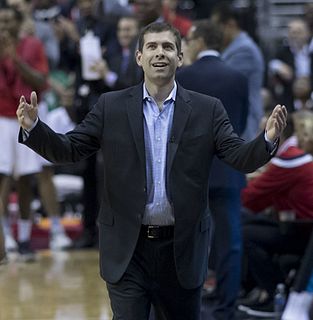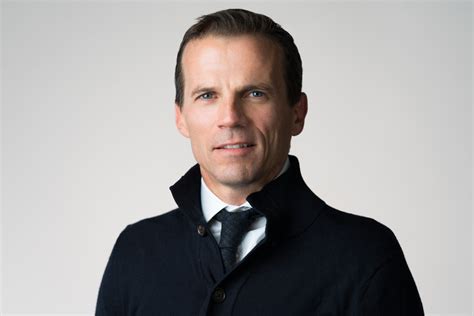A Quote by Eli Broad
I don't like to spend time in endless meetings talking about stuff that isn't going to get anything done. I have meetings, but they're short, prompt and to the point.
Related Quotes
I find most meetings are a waste of time, because they are so ill-prepared and there's little opportunity for true synergy in producing better solutions than what anyone originally thought of. So I work hard to only attend those meetings that have strategic importance and miss all kinds of other seemingly urgent meetings.
Meetings are held because men seek companionship or, at a minimum, wish to escape the tedium of solitary duties. They yearn for the prestige which accrues to the man who presides over meetings, and this leads them to convoke assemblages over which they can preside. Finally, there is the meeting which is called not because there is business to be done, but because it is necessary to create the impression that business is being done. Such meetings are more than a substitute for action. They are widely regarded as action.
So there's no typical day, but I transition through the course of my business day by doing everything from construction meetings on the development project under construction to design meetings for an upcoming apparel delivery to acquisition meetings about projects we're looking to acquire. It's very diverse in terms of content, substance, and what I address on a typical day.


































